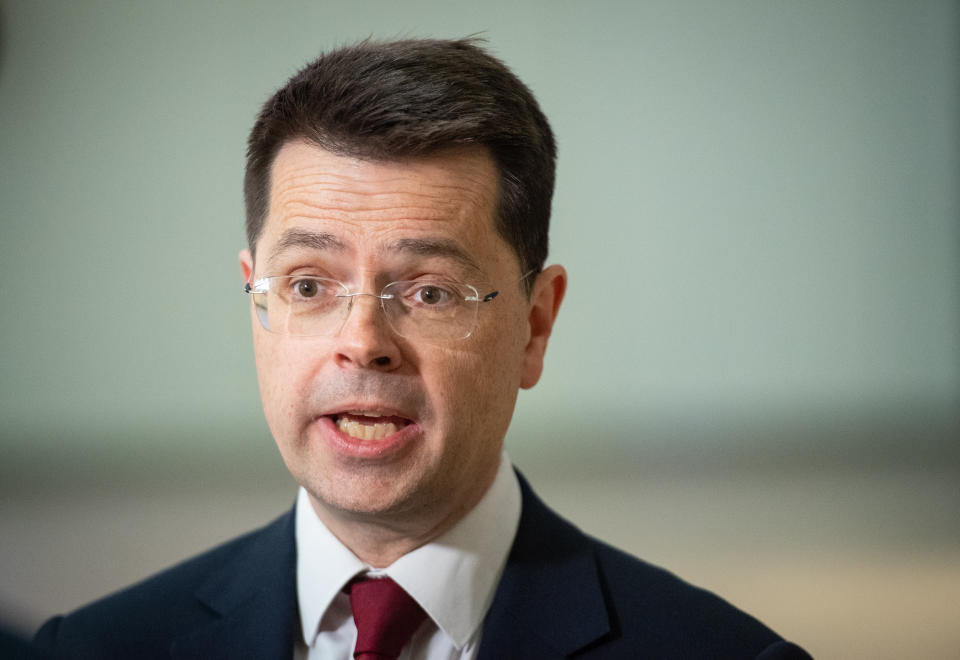UK risks being turned into a 'criminal haven like the Costa del Sol' without EU deal, peer warns

The UK risks being turned into a Costa del Sol-style “criminal haven” if it fails to strike an arrest warrant deal with the EU after Brexit, a peer has suggested.
Speaking to the House of Commons’ EU security and justice sub-committee on Tuesday morning, Labour peer Lord Rowlands asked security minister James Brokenshire about security arrangements after the transition period ends.
Since the UK will no longer be a part of the surrender agreement between EU member states, Lord Rowlands asked the Tory minister what the government plans to replace the system with.
Under the current EU-wide agreement, arrest warrants can be fast-tracked between member states – leading to easier and faster surrender of suspects and convicted people.

Lord Rowlands cited the 201 arrests of EU suspects on British soil under the scheme in 2017, and sought assurances from Brokenshire that leaving the scheme would not turn the UK into a “criminal haven”.
“I hope we agree that we do want to avoid going back to the old system because it did allow criminal havens,” Lord Rowlands said.
“Those characters who lived on the Spanish Costa del Sol felt immune from any form of proceedings.
“I hope you’re not suggesting that we might have to go back to that, are you?” Rowlands asked the minister.
Read more: UK must be ‘more realistic’ in Brexit trade talks, French MEP says
Brokenshire replied that he hoped to strike a deal similar to the agreement signed between the EU27 and Norway and Iceland in November last year, which allows both countries access to the surrender agreement without being members of the EU.
“I very much hope that we can conclude an arrangement that is similar to the surrender agreement that has been agreed with Norway and Iceland,” Brokenshire said.
“And that is very firmly the approach that we take and indeed it is notable that the EU themselves have reflected that in their own approach.
“Frankly it’s in everyone’s interests that we reach an agreement that equips operational partners on both sides.
“And so I do remain positive on reaching an agreement. But if that were not to be possible then we are able to revert to preceding that arrangement whilst noting that we firmly want to have an agreement that does reflect the Norway and Iceland arrangements.”
The UK has only a few months left to secure an agreement with the EU in a number of crucial areas after it officially declined to request an extension to the transition period last week.
Boris Johnson has said there is no reason why the outline of a Brexit deal cannot be sealed by the end of July, after he asked EU leaders at a video summit to “put a tiger in the tank” of stalled talks.
“It is very clear what we need to achieve,” Johnson said.
“I don’t think we’re that far apart, but what we need is a bit of oomph in the negotiations, and I was pleased that Ursula von der Leyen [and other EU officials] all agree. There is no reason why we shouldn’t get this done in July.”

 Yahoo News
Yahoo News 
